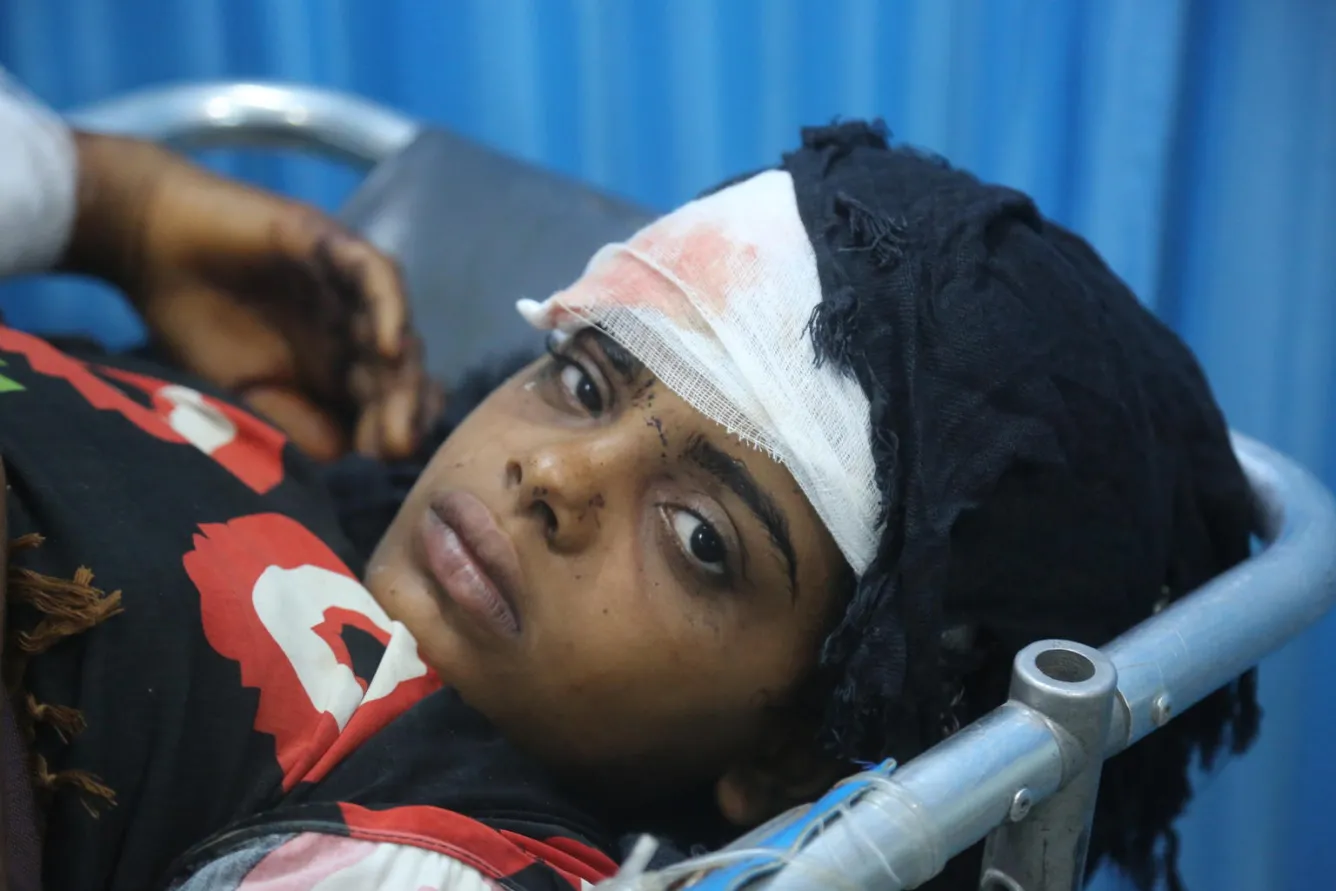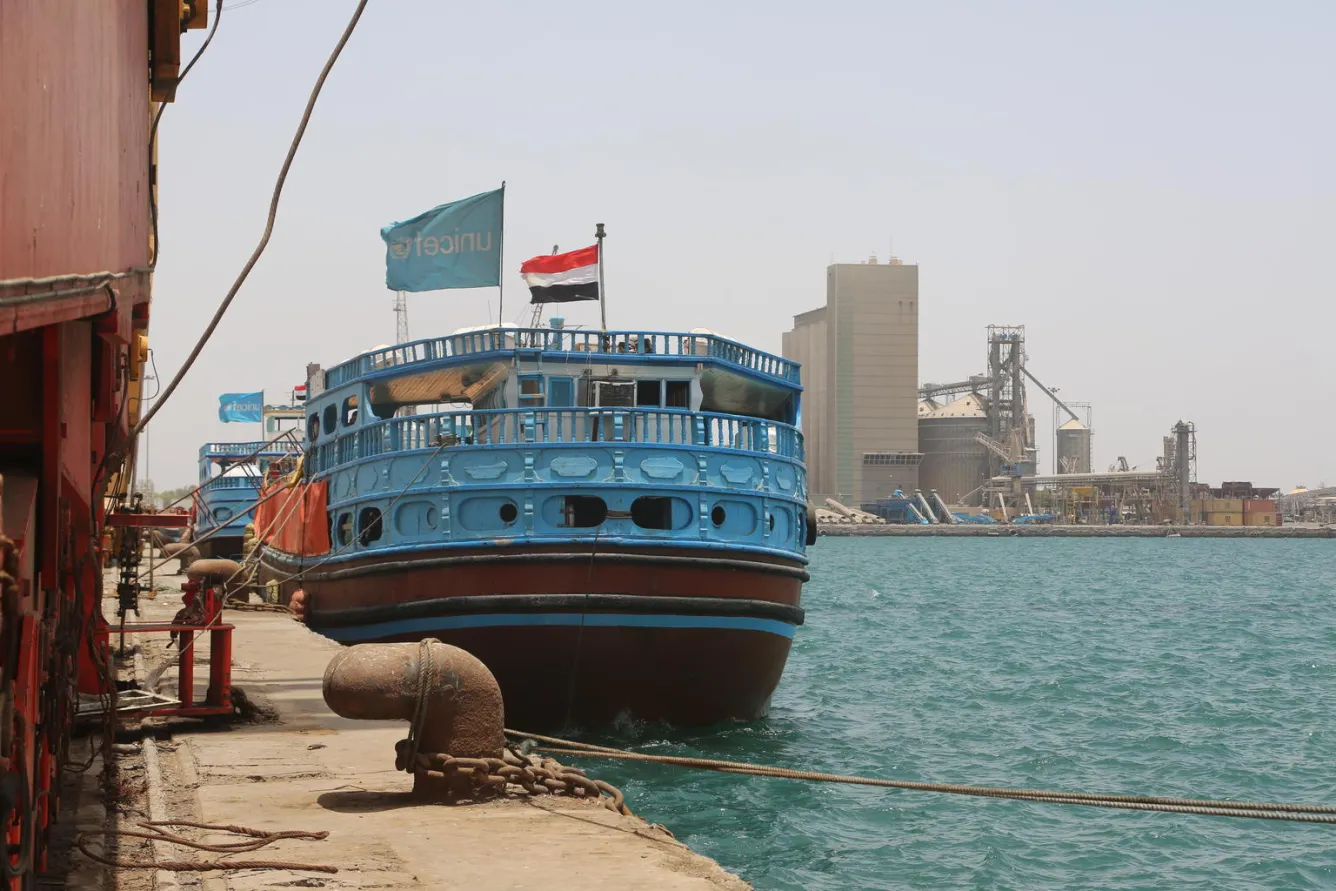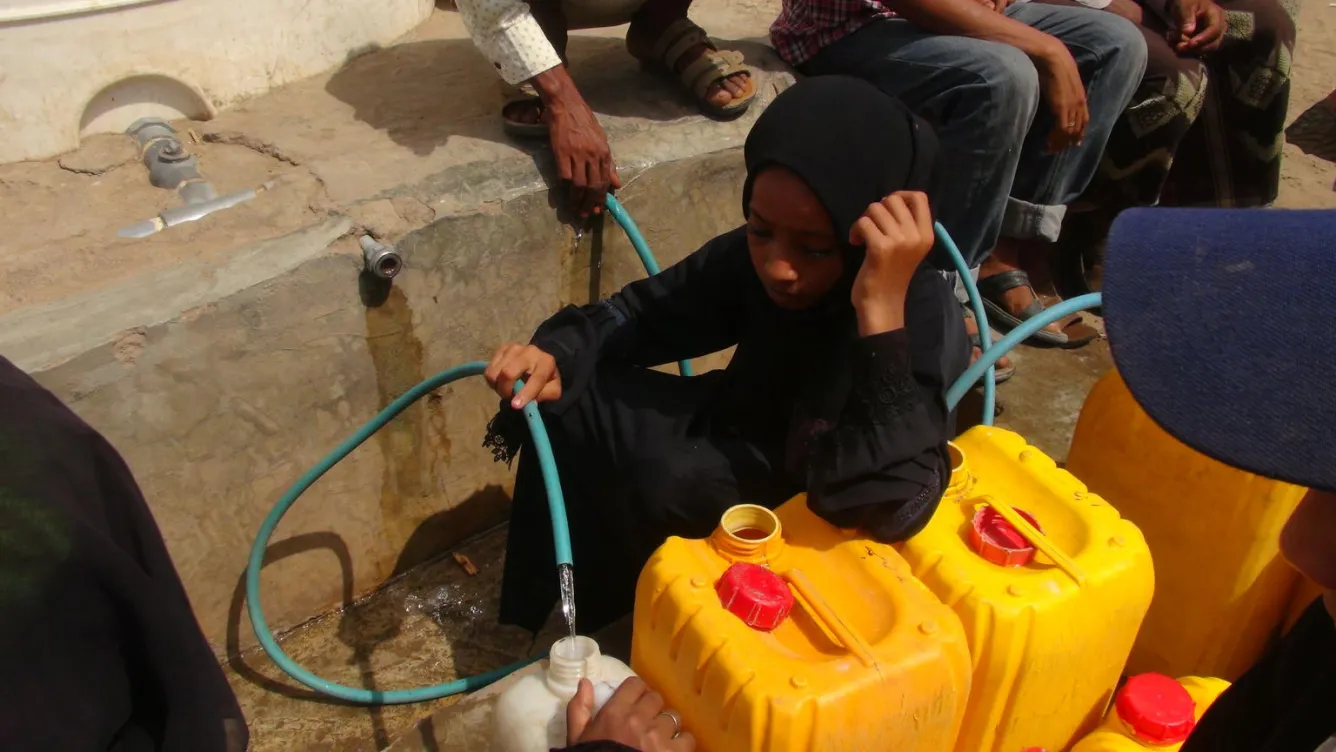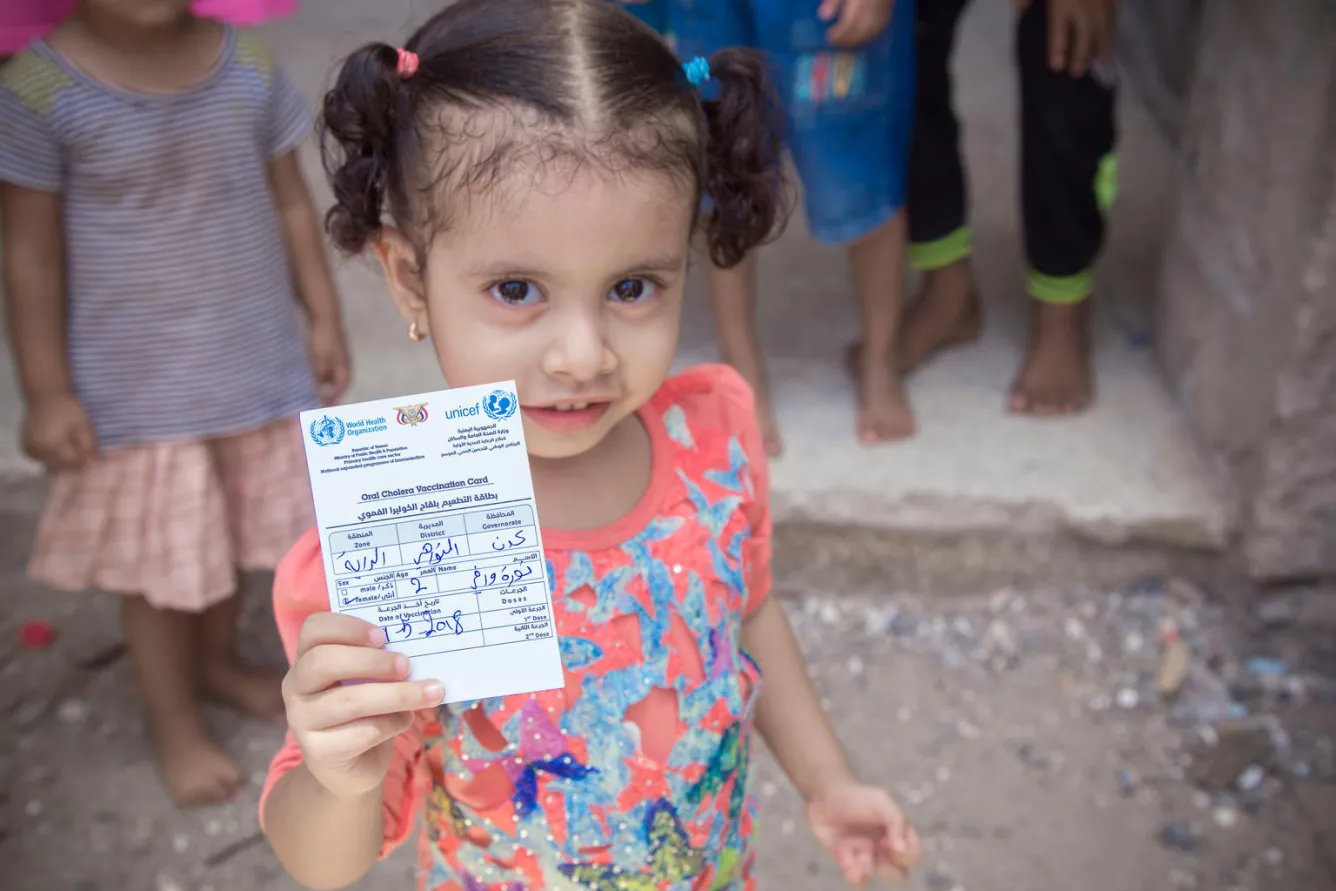8 Things You Need to Know About the Yemen Crisis


The humanitarian crisis in Yemen is worsening by the day. More than 22 million Yemenis – that’s three-quarters of the population – need humanitarian assistance and protection. More than 11 million of them are children. The conflict has made Yemen a living hell for its children.
The war in Yemen today: the battle for the Red Sea port city Hodeidah endangers the lives of hundreds of thousands of children in the city. Millions more across Yemen depend on the humanitarian and commercial goods that come through the port every day for their very survival.
A map of Hodeidah in Yemen (Al Hudaydah in Arabic)
More than 5,000 families in Hodeidah are estimated to have fled their homes since 1 June to escape the heavy fighting, indiscriminate shelling and airstrikes. Landmines, fighting and insecurity confront civilians fleeing for safety. Casualties include women and children.
The girl pictured above lies injured in a hospital in Hodeidah on 9 June 2018. She was hurt, along with her brothers and her uncle, while the family tried to escape the fighting in one area of the city.
Even before the fighting began, conditions in Hodeidah were some of the worst in the country – 25% of children in the city are suffering from acute malnutrition. The city was one of the epicentres of last year’s cholera outbreak, one of the worst in modern history.
UNICEF is bringing life-saving services to children and families in the city and we aim to stay and deliver.

We are calling on all parties to the crisis wherever they are in Yemen and those who have influence on them to keep children out of harm’s way and protect basic civilian infrastructure. In line with international humanitarian law, all parties to the conflict must immediately stop attacks on civilians and civilian infrastructure and stop any military activities near or from these facilities including schools, hospitals and water facilities.

Key developments in the Yemen crisis: what the battle for Hodeidah means for Yemen's children
- The city and surrounds of Hodeidah are one of the most densely populated areas in Yemen. There are around 600,000 people in Hodeidah, including 300,000 children, caught in the fighting.
- The United Nations fears that as many as 250,000 people – more than 100,000 children – may lose everything, even their lives, if the current situation escalates.
- Hodeidah is the single most important point of entry for the food and basic supplies to Yemen. Close to 70% of the country’s imports, including commercial and humanitarian goods, enter through Hodeidah and Saleef to the north. Suspension of port activities will have a catastrophic humanitarian impact on children across the country.
- More than 11 million children in Yemen are already in need of humanitarian assistance.
- More than half the health facilities in Yemen are not functioning due to damage or a lack of operating budget and staff. Many health workers have not been paid for over a year.
- In 2018, an estimated 1.8 million children are acutely malnourished across the country, including nearly 400,000 severe acutely malnourished children fighting for their lives.
- Collapsing water and sanitation systems in Yemen have cut off 8.6 million children from regular access to safe water and sanitation, increasing the risk of diseases spreading.
- Nearly 2 million children are out of school across the country. The education of another 4.5 million children is at risk due to teachers not being paid for over a year.

Saving lives in Yemen – What UNICEF is doing on the ground
UNICEF is working to bring lifesaving supplies and services to children. In 2017, UNICEF and partners in Yemen:
- Reached nearly 10 million people with access to safe water.
- Dispatched more than 960 million water purification tablets to respond to the cholera crisis, which is the largest outbreak ever recorded.
- Treated nearly 227,000 children with Severe Acute Malnutrition (SAM).
- Helped nearly 1.7 million people access mine risk awareness education.
- Delivered cash transfers, in partnership with the World Bank, to more than 1.3 million of the most vulnerable households.
- Reached over 370,000 children with formal or non-formal education.
